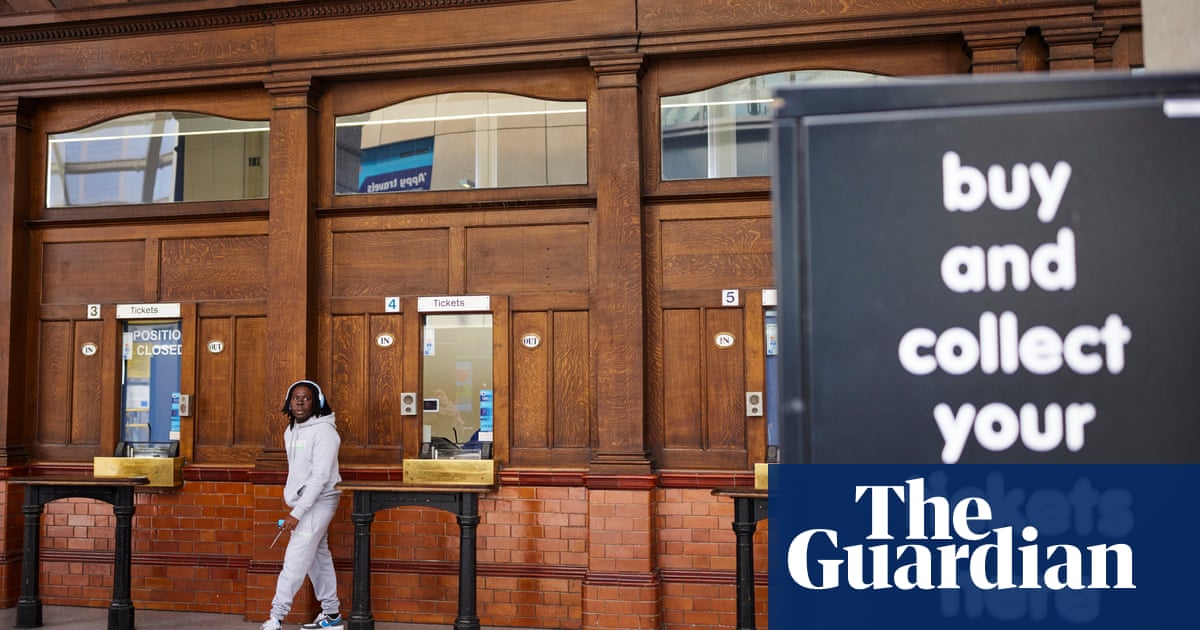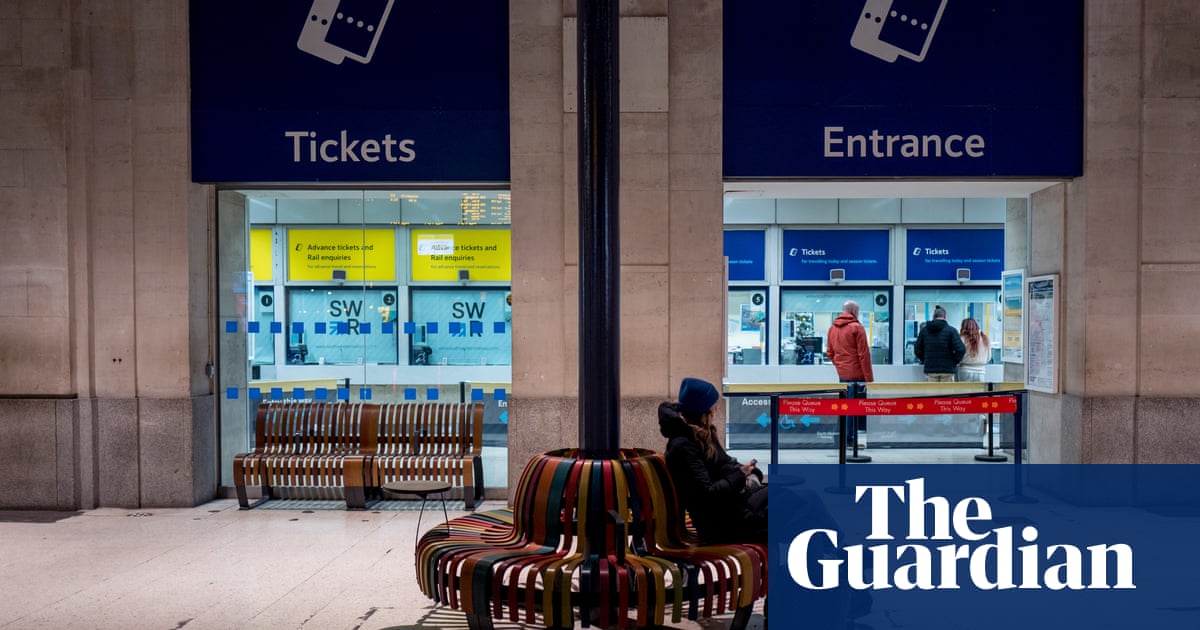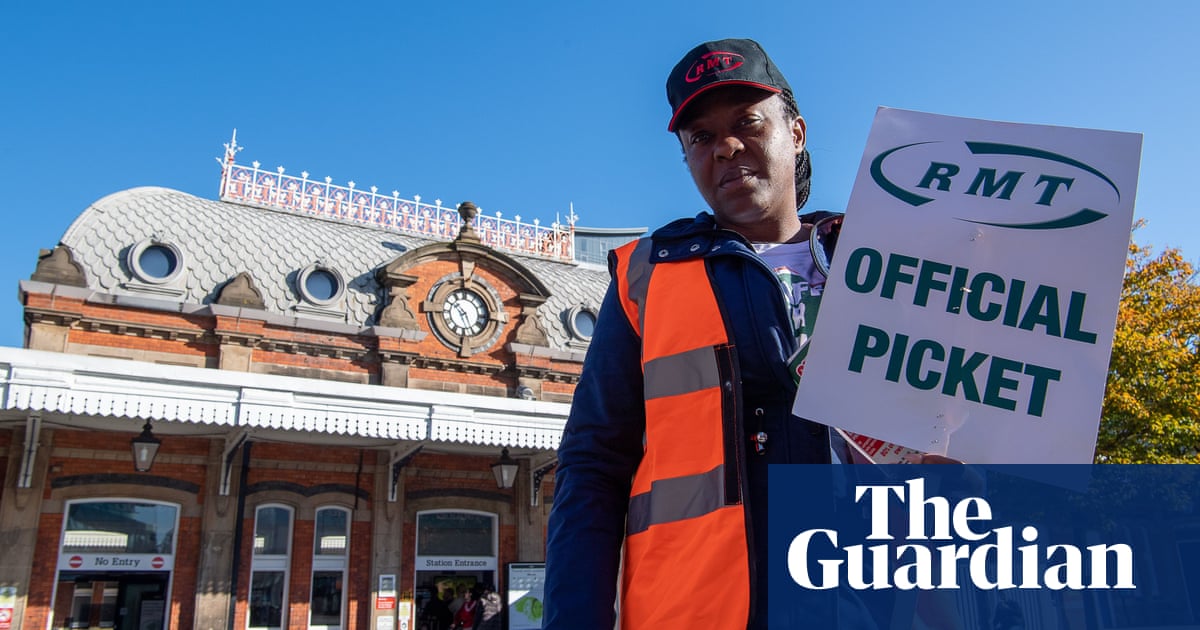
Rail ticket office closure plans for England go too far, too fast and are too radical to be rolled out without being piloted first, MPs have told the rail minister.
The transport select committee told Huw Merriman there was an unacceptable lack of evidence about the cumulative effect of the planned closures, which risked excluding some passengers, including disabled travellers, from the railway.
The committee said in a letter that both the Department for Transport (DfT) and the Rail Delivery Group (RDG), which represents train operating companies, had failed to provide to a recent inquiry any breakdown in the types of passengers who use ticket offices.
MPs said it left campaigners having to do “considerable detective work” to confirm whether operators’ claims stacked up against the details of the proposals.
“It does not seem possible to accurately estimate how many of those passengers would be able to transition to purchasing their tickets without access to a ticket office,” the letter said.
“We therefore consider that the proposals as put forward by train operating companies in this consultation go too far, too fast, towards a situation that risks excluding some passengers from the railway.
“At a minimum, changes this radical should be carefully piloted in limited areas and evaluated for their effect on all passengers before being rolled out. This would allow for the alternative proposals, which at present are too vague, to be properly understood.”
Train operators announced in July that they were aiming to close almost all of the 1,007 remaining offices, bar those at the busiest stations, within three years, as part of efforts to “modernise the railway”. However, the move has been pushed by the government to save costs.
The transport committee MPs said they recognised that the way most passengers interacted with ticket offices had changed significantly in recent years, after a rise in online sales, and it was “rational to consider how resources should be allocated differently in response”.
But they added that this approach was not necessarily sufficient “for safeguarding the needs of a minority of passengers” who had legitimate concerns about whether closing a ticket office would remove the support they needed – whether with ticketing, information, safety or access assistance – “to travel freely and reliably on the railway to the same extent as everyone else”.
A DfT spokesperson said: “While these are industry proposals, we have been consistently clear that the industry must ensure that the quality of service for passengers is maintained to a high standard.
“The public consultation has now closed and independent passenger representatives will review the responses with train operating companies shortly.”
The RDG said its proposals took into account the experience of the 42% of rail stations that did not have ticket offices, and that it had “worked with customers and accessibility groups to ensure that all passengers are supported”.
The group said it was “exploring the potential for using a phased approach to introduce changes, with regular review points to assess how well they are working … RDG and train companies will continue to engage with accessibility and safety groups, both on these proposals and more broadly, to deliver a fully inclusive and accessible railway”.












